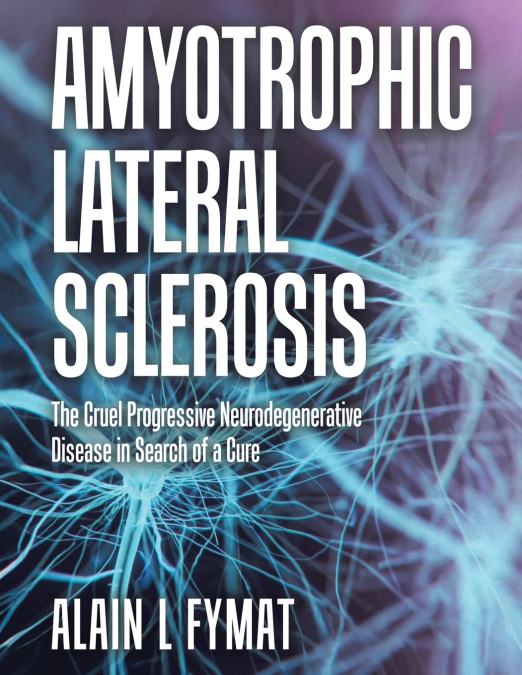
Alain L Fymat
Neurodegenerative diseases progressively damage specific cells and connections in the brain and/or spinal cord, exacting an enormous toll on the health of people living with these diseases, as well as their families and caregivers. ALS is a particularly devastating and complex neurodegenerative disease that affects the neurons that control voluntary muscle movement. People with the disease become progressively weaker and lose their ability to walk, talk, swallow, and eventually breathe on their own, with most people dying within 3-5 years of symptom onset. Four ALS therapies-three disease-modifying, plus one symptom-managing-have been approved by the (U.S.) Food and Drug Administration. Yet, to develop highly effective ALS treatments, numerous challenges remain to be addressed. Hope rests on treatments that are currently in development, or those that will follow based on the identification and validation of new therapeutic targets. Most appealing are treatments that might be instituted in those with genetic causes of ALS even before symptoms begin or uncovering the still mysterious environmental factors that cause ALS. Beginning with a brief history of the disease, an overview of the diseases of the nervous system, and primers on the scientific bases of the disease, this volume elucidates the nature of the disease and sets forth its signs, symptoms and stages. It discusses the genetics and etiology of ALS, its action mechanisms, and the difficulties encountered at reaching a correct diagnosis. It addresses the management and treatment approaches, the prognosis, and summarizes the research and latest developments in the field, including eventual participation in clinical trials. It concludes by answering many of the frequently asked questions about the disease, lists the several resources and support available, and provides guides and guidance for the patients, their families and caregivers.